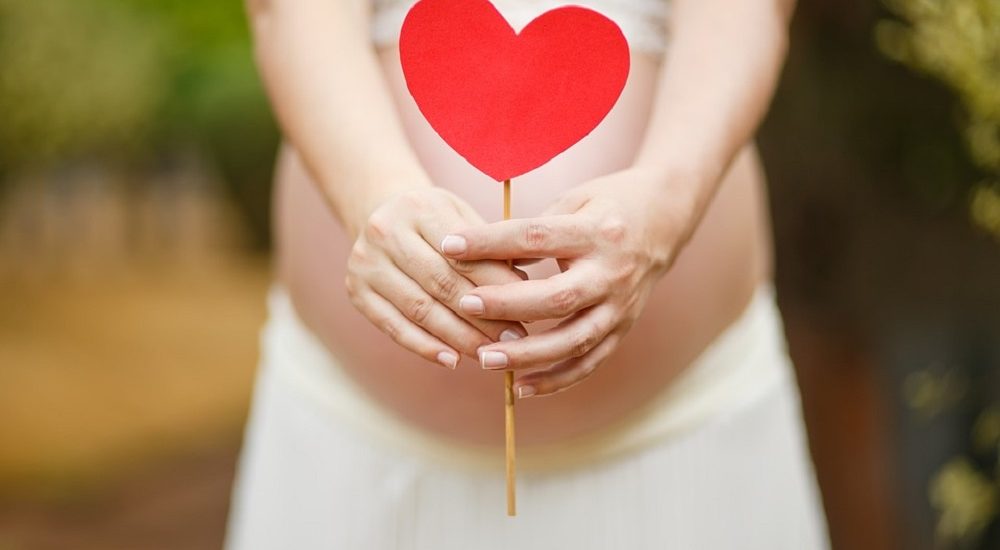Reciprocal in vitro fertilization is a beautiful process. Using the wonders of modern technology, couples have the opportunity to build their family in a more inclusive way. This gives couples the chance to define their unique role in their children’s lives. That’s not to say that reciprocal IVF is an easy option. There are a variety of physical and emotional considerations which must be acknowledged prior to embarking on this life-enhancing path.
Contents
What Is Reciprocal IVF?
Reciprocal IVF is the process in which couples of women and/or trans men have eggs retrieved from one member of the couple and then fertilized with donor sperm through traditional IVF methods. The fertilized eggs are then implanted into the other member of the couple. The woman whose eggs are fertilized becomes the biological mother, while the woman who carries the pregnancy becomes the gestational carrier. While the gestational carrier is not genetically related to the child, they will effectively be the birth mother.
Both roles are exceptionally important, and both require medical procedures. Each parent is faced with the risks associated with in vitro fertilization, but both are involved and essential in the process of parenting their child. Couples who choose reciprocal IVF often feel they can focus on being greatparents without the distinction of who the biological parent is.
Considering All The Options
Reciprocal IVF offers a host of options for lesbian couples, including the opportunity for each woman to carry the egg of their partner. Whether they wish to become pregnant at the same time or switch roles with subsequent pregnancies, there are quite a few options that will need to be explored when considering reciprocal IVF. In the case of trans men, eggs collected and frozen pre-transition can be fertilized and carried by their partner.
The process of in vitro fertilization, whether traditional or reciprocal, gives parents-to-be the opportunity to explore, all of the components which contribute to a healthy pregnancy. It’s important to be aware that the entire IVF process is extremely dependent on a variety of physical considerations, including both partners’ age, medical history, and reproductive health. This physical wellness will play an integral role in who is recommended to provide the egg and who is recommended to carry the pregnancy. In some cases, both women will be candidates for egg and pregnancy, while other couples will have to make more detailed, and perhaps more difficult decisions. Amongst the egg and physical ability to carry a healthy pregnancy to term, other considerations must include the quality and viability of the donor sperm. This will also play an important role in successful implantation and pregnancy.
Understanding the Risks
Once the medical screening process has been completed and the best decisions have been made to ensure successful implantation and pregnancy, couples can begin the process of reciprocal IVF. Modern medicine has given us the amazing technology that can stimulate a woman’s egg growth with hormone treatments. Because this process includes hormone therapies, it is important for couples to consider the side effects of these treatments, although most side effects are often temporary.
Emotional and Legal Considerations
Becoming pregnant and looking forward to parenting a child is an extremely emotional experience. Family planning using reciprocal IVF gives couples the opportunity to create their family with a great deal of consideration. While the emotional side of their choice can be exciting and intimidating, it is also extremely advisable for couples to work with a counselor or therapist to navigate through the emotional details they may not have considered.
Equally contributing to the emotional implications, are the realities of the legal implications of reciprocal IVF. While having a family should be exciting and full of possibilities, there are some rather sobering legal considerations that should not be overlooked. These considerations include the potential that the biological mother needs to adopt the child to ensure equal parental rights.
Even though reciprocal IVF has quite a few highly important considerations, it is truly a gift. It gives women the chance to truly consider who they are, mentally, physically, and emotionally, and it allows them to define who they want to be. While there may be risks and challenges associated with traditional and reciprocal IVF, they will pale in comparison next to what it means to have a happy and healthy family.

